|
Saba Cooperative at Seven Springs
Located in Waterford, Maine, United States
Mission Statement
Health and Wellness Cooperative focused on healthy mind, body, spirit, arts and permaculture.
Community Description
“Saba” is translated as “tomorrow” in the tongue of the native Abenaki people and this intentional community is planned according to the needs of tomorrow: Wholistically creating peaceful, voluntary, sustainable alternatives to meeting human needs on physical, mental, spiritual and social levels.
Saba is a social enterprise dedicated to assisting communities with integrating cooperative housing with complementary and alternative healthcare services as well as community education on permaculture, arts, and sustainable living practices.
Saba’s mission is to assist communities with goals to becoming ecologically and economically sustainable. Saba’s projects include the utilization of local building materials and passive and active solar collection and storage systems for energy. Further, in this bioregion, a significant concern for structures is heat retention during the cold season. Saba’s projects use the support of nature for this purpose using earth-sheltered structure designs for the community and living quarters, as well as in the design of greenhouses. Saba’s goal is to promote harvesting and storage of rainwater through the use of specific drainage designs and water catchment systems as well as gray water recycling.
Saba’s mission is to assist with the development of sustainable food systems that meet the community’s food needs while maintaining healthy ecosystems. Saba commits to the use of permaculture principles to promote regeneration of healthy ecological conditions not only for the current community, but for generations to come. Permaculture is based on working with, not against nature and promoting human dignity and health, animal welfare, social justice and environmental sustainability. The anticipated application of the permaculture design integrates local plants, edible forest gardening, pasture-paddock chicken raising, proper utilization of all potential waste products such as with composting, biologically diverse polyculture herb and vegetable gardens, and the utilization of natural patterns found in nature in the gardens, greenhouses, and structures.
Housing
Status: We have land we have developed on
Area: 95 acres
Current Residence Types: Single-family homes, Room(s) in a house or building, Tiny house, Yurt, tee-pee, dome, treehouse, or tent, Mobile homes, RV’s, converted buses, Natural built structues, Lots to build on
Current Number of Residences: 6
Planned Residence Types: Tiny house, Yurt, tee-pee, dome, treehouse, or tent, Mobile homes, RV’s, converted buses, Lots to build on
Housing Provided: Purchase, Rental, Work-exchange
Land owned by: Individual community member(s)
Membership
Adult Members: 3
Child Members: 2
Visitors accepted: Yes
Visitor Process:
Send us an email describing your interests and why you would like to visit the community.
Additional Comments:
All belief systems are appreciated as long as nonaggression is central
Government
Decision Making: Bylaws forming
Identified Leader: No
Leadership Core Group: Yes
Economics
Dues, Fees, or Shared Expenses: No
Shared Income: None
Required Labor Contribution: Encouraged or suggested
Additional Comments:
Labor may be donated voluntarily but is not expected
Monetary donations are accepted and appreciated as well as donation of time, labor, goods and services as able
Sustainability Practices
Energy Infrastructure: We use both systems.
Energy sources: Solar
Planned food produced: Almost All, around 90%
Food produced locally: From 50-75%
Lifestyle
Common Facilities: Common House, Garden(s), Greenhouse(s), Outbuilding(s), Swimming pond or pool, Hot tub or hot springs, Fire pit, Recreational vehicles, Waterfront access, Internet
Internet Available: Yes, both the community and individuals provide it
Internet Fast?: No, it is slow.
Shared meals: 2-5 times per week
Dietary Choice or Restrictions: No – people may eat however they wish.
Alcohol Use: Yes, used seldomly, or ceremoniously.
Additional Diet Comments:
Not a requirement for membership
Common Spiritual Practice(s): Ecumenical (accepts all religions or spiritual practices), Eclectic (integrates multiple religious or spiritual beliefs), Buddhist, Native American, Paganism or Earth Religions, Mixed Eastern Philosophy or Practice, Rainbow Family
Education Style(s): Home Schooling
Source: https://www.ic.org/directory/saba-cooperative/
|
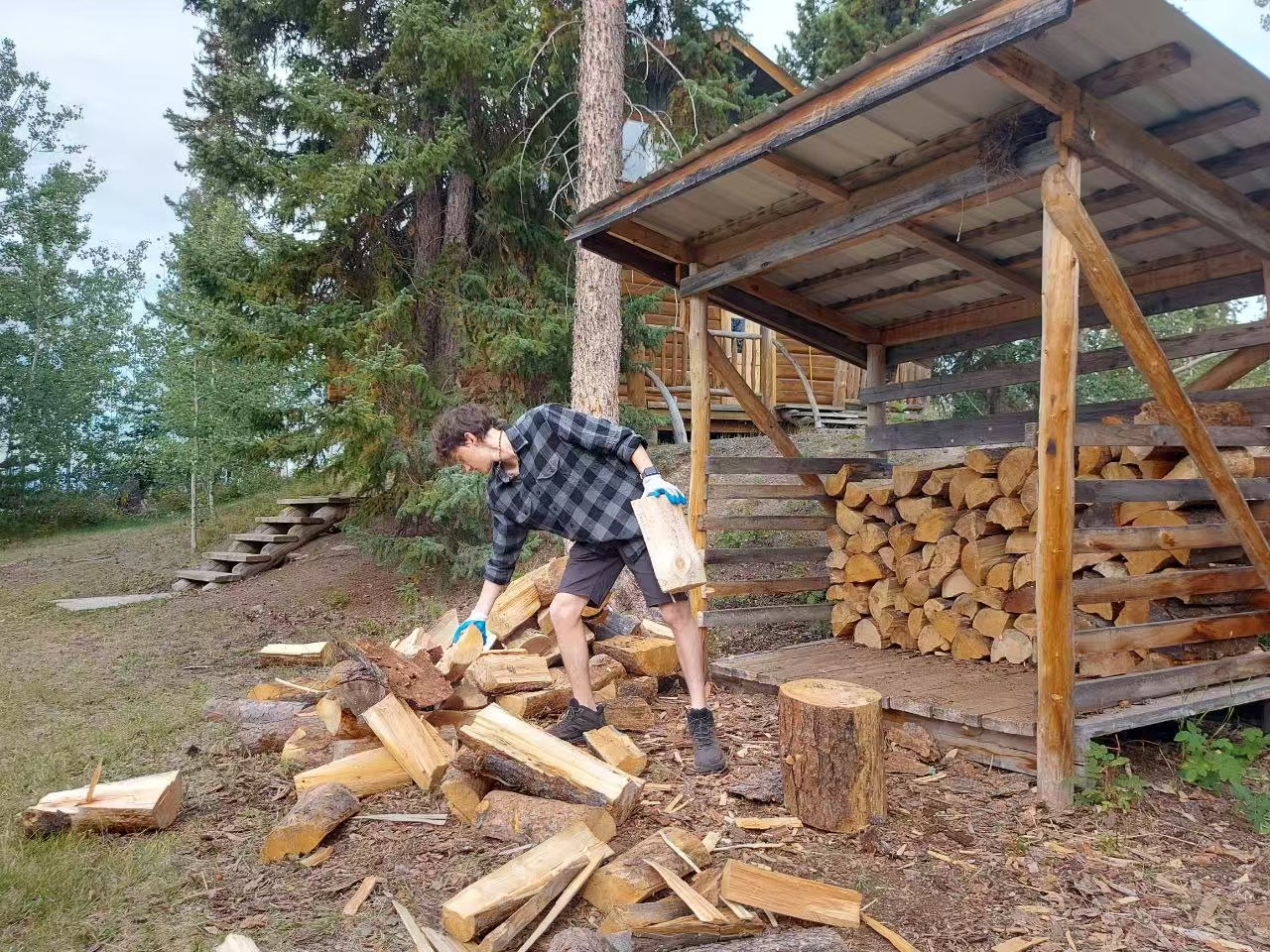 Haha, I’ve got a helper now!
Xuefeng
September 8, 2024
(Translation edited by Q
Haha, I’ve got a helper now!
Xuefeng
September 8, 2024
(Translation edited by Q
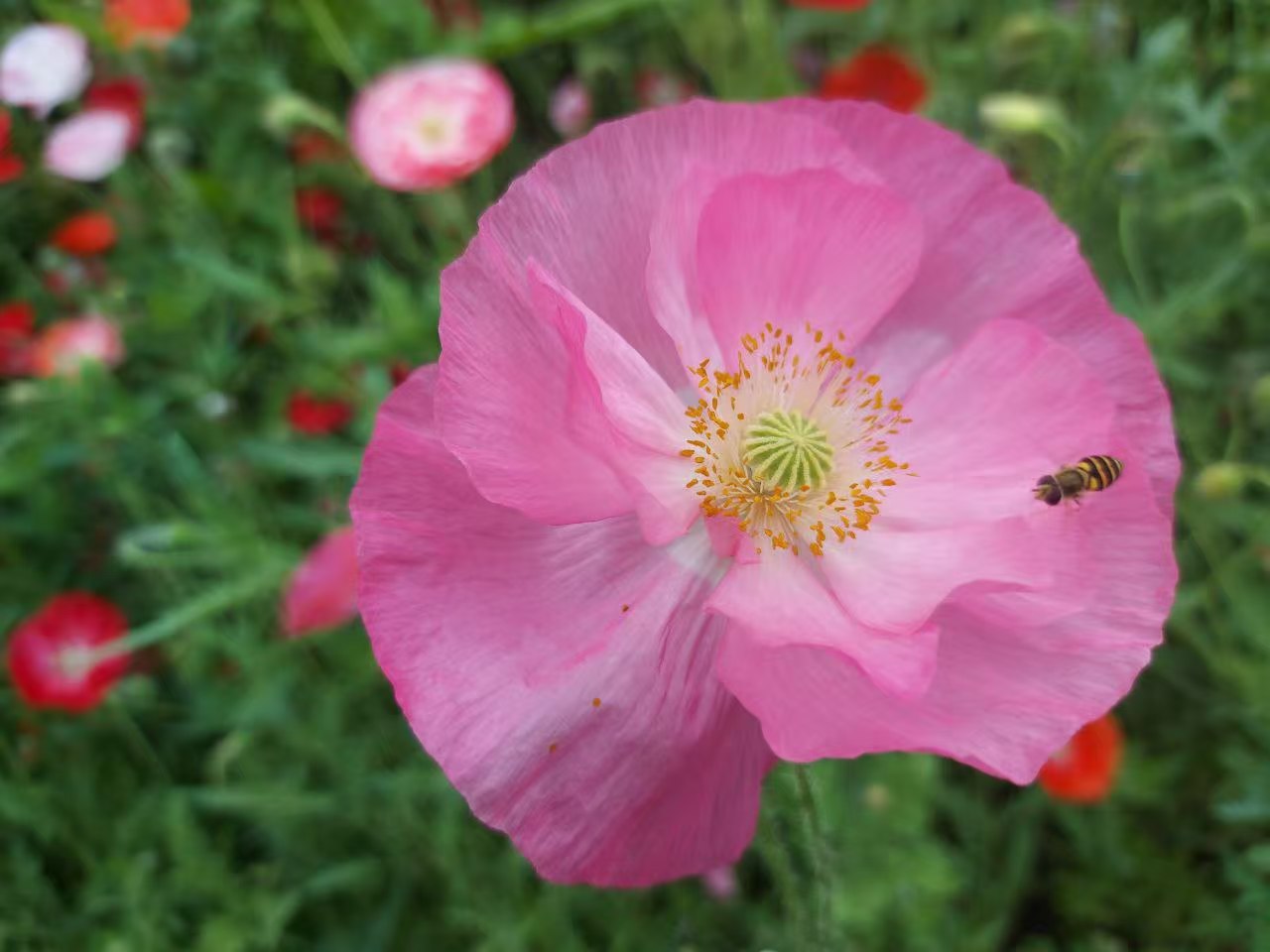 Haha, I felt young again!XuefengYesterday morning, after breakfast, I started ch
Haha, I felt young again!XuefengYesterday morning, after breakfast, I started ch
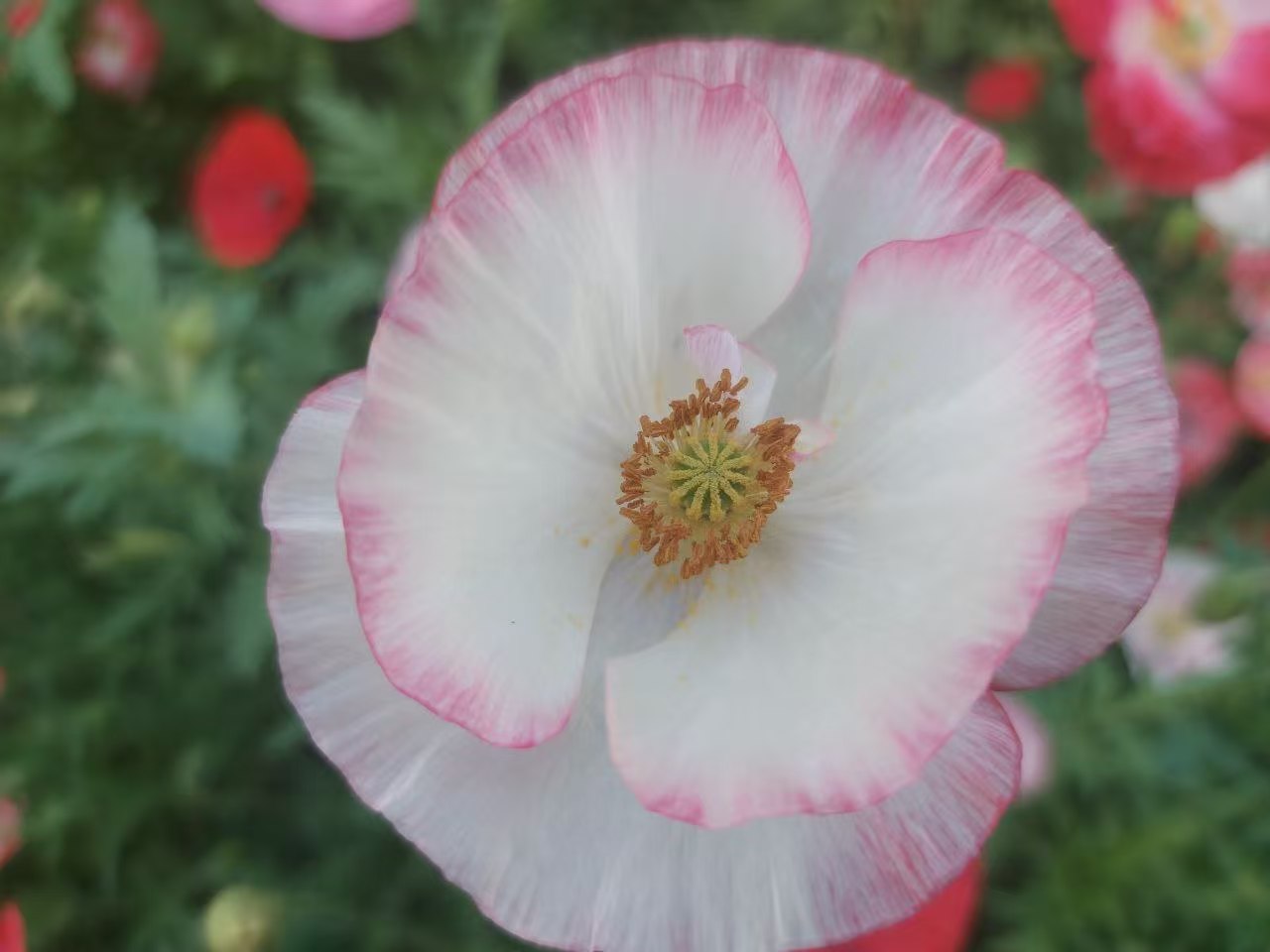 Papaver rhoeas: The Designated Flower of Lifechanyuan
by Xuefeng
August 20, 2024
Papaver rhoeas: The Designated Flower of Lifechanyuan
by Xuefeng
August 20, 2024
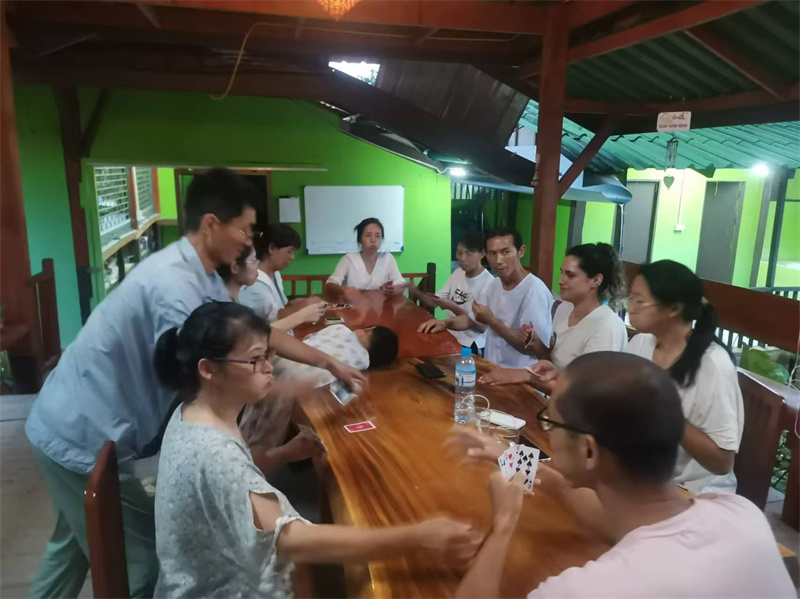 Joyful Games and Warm Welcome for Gabi at Lifechanyuan's Thai Home
Qianzi Celest
Joyful Games and Warm Welcome for Gabi at Lifechanyuan's Thai Home
Qianzi Celest
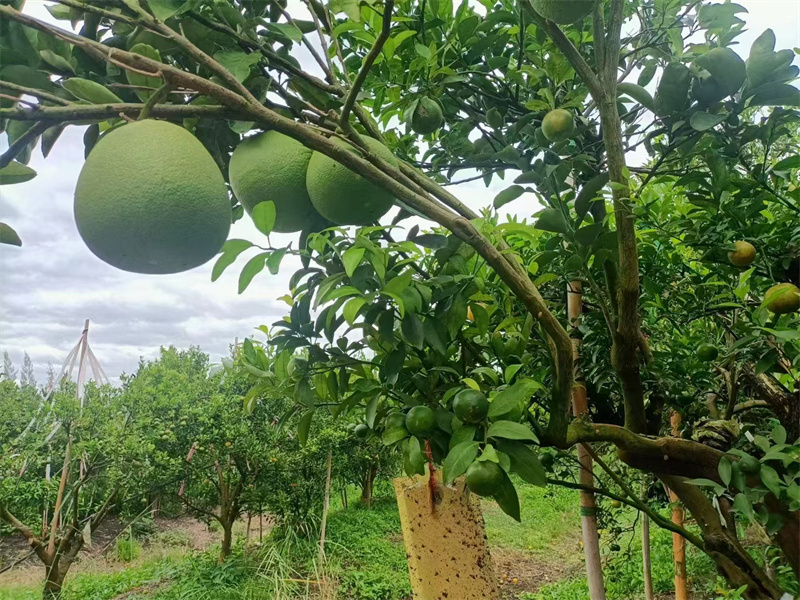 Chilean Girl Gabi Experiences the Life of Lifechanyuan Thailand Second Home Comm
Chilean Girl Gabi Experiences the Life of Lifechanyuan Thailand Second Home Comm
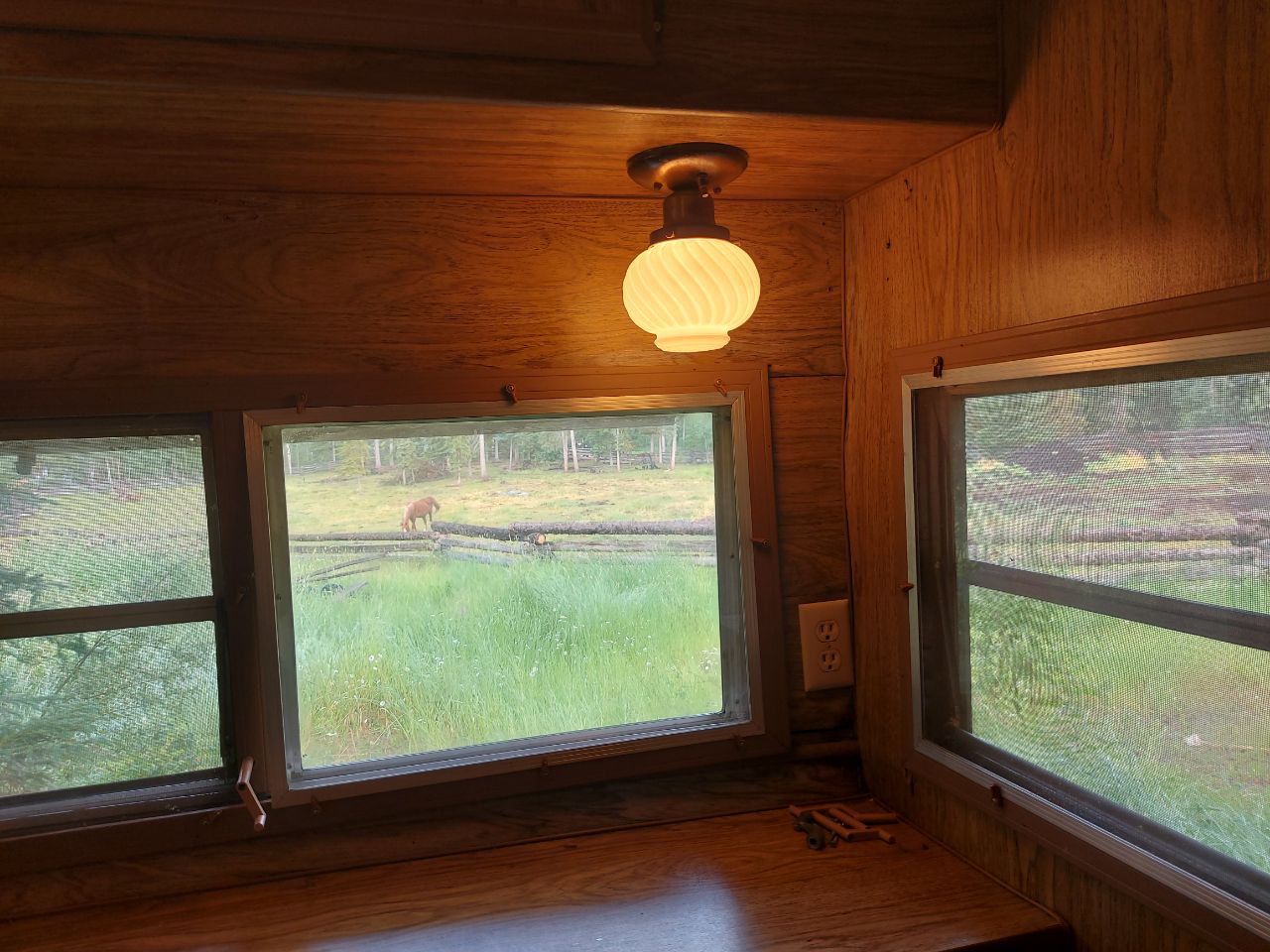 Another Clean and Tidy Joy House
In the tourist resort Holy Land Home, the guide
Another Clean and Tidy Joy House
In the tourist resort Holy Land Home, the guide
 Post time 2018-03-20 15:04:52
|
4789views0replies
Show the author posts only
|View large image
Post time 2018-03-20 15:04:52
|
4789views0replies
Show the author posts only
|View large image
 |Descending
|Read mode
|Descending
|Read mode





 Favorites
Favorites Relay
Relay Shares
Shares Collection
Collection